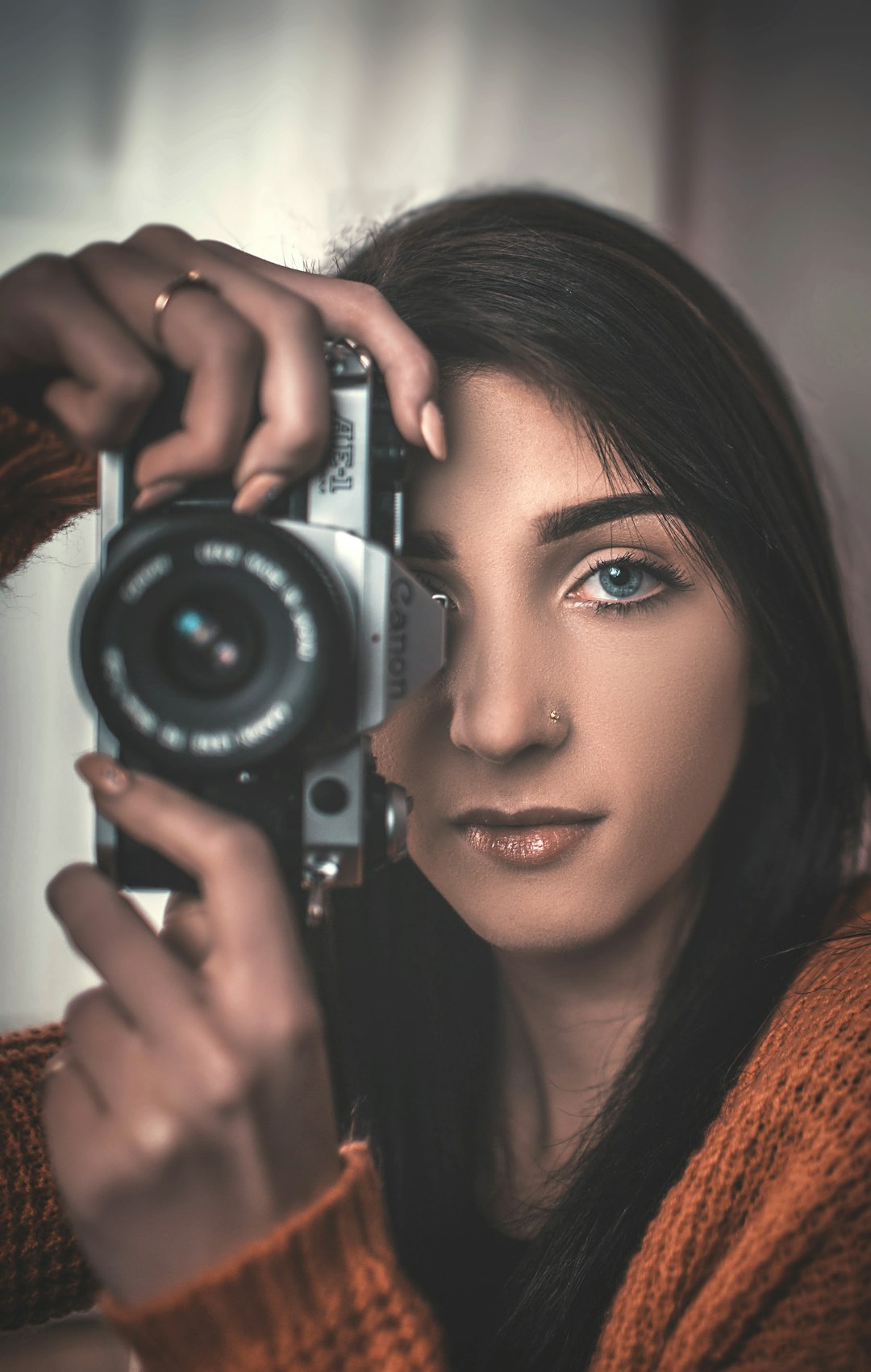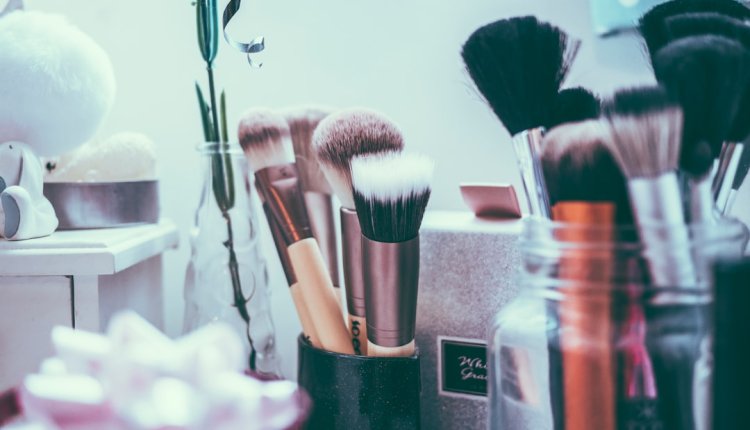What Is ‘Snapchat Dysmorphia’?
The increasing use of social media and photo-enhancing filters has led to the emergence of a concerning psychological phenomenon known as “Snapchat dysmorphia.” This term refers to the condition in which individuals develop a distorted self-image as a result of comparing themselves to the filtered versions of their faces seen in edited selfies. What may seem like harmless fun with filters has, for some, translated into anxiety, dissatisfaction with real-life appearance, and a desire to undergo cosmetic procedures to replicate an unrealistic standard of beauty.
First coined by medical professionals around 2015 and gaining more prominence in 2018, Snapchat dysmorphia is part of a broader discussion about how technology impacts mental health and body image, particularly among adolescents and young adults.
Understanding the Phenomenon
Photo and video filter apps such as Snapchat, Instagram, and TikTok offer users the ability to alter their appearances in real-time. These filters can smooth skin, enlarge eyes, alter facial contours, and apply makeup effects, creating a version of one’s face that adheres to a cultural ideal of beauty. Over time, repeated exposure to these altered images can cause users to disassociate from their actual appearance.

According to medical professionals, this dissatisfaction can lead to a condition that resembles body dysmorphic disorder (BDD), a mental health disorder where a person can’t stop thinking about perceived flaws in their appearance. While not officially recognized as a separate diagnosis, Snapchat dysmorphia often acts as a symptom of or precursor to BDD and can carry severe emotional and psychological consequences.
Psychological Impacts
This condition particularly affects younger generations who have grown up immersed in a digital environment where filters and face-tuning apps are widely used. The psychological impact includes:
- Lowered self-esteem: Constant comparison between one’s real appearance and filtered images can diminish confidence.
- Increased anxiety: Some individuals experience social anxiety stemming from fear that others will judge them for not looking as perfect as their online images.
- Obsession with perfection: The desire to achieve a flawless look can become compulsive, leading to frequent photo-editing or excessive makeup and grooming habits.
Filtered images present an illusion that is often physiologically unachievable. Filters may enlarge the eyes, narrow the nose, or even change the symmetry of a person’s face — features that are not possible to replicate organically, yet which some people attempt to emulate through plastic surgery.
A Surge in Cosmetic Procedures
Plastic surgeons have reported an alarming increase in patients requesting cosmetic procedures to resemble their filtered selfies. In contrast to prior decades—when individuals brought celebrity photos as reference—today’s patients often come to consultations with digitally altered images of their own faces, asking to replicate the filter’s changes in real life.

This shift raises ethical questions within the medical community concerning the psychological readiness of patients and the importance of managing unrealistic expectations. Many reputable cosmetic surgeons now implement mental health screenings to assess whether surgery candidates may be influenced by body image disorders, including Snapchat dysmorphia.
Preventing Snapchat Dysmorphia
Preventing the development of Snapchat dysmorphia involves a holistic approach, focusing on early education, emotional support, and responsible use of digital technology. Some ways to reduce the risk include:
- Media literacy education: Teaching young people how to critically analyze media and understand the artificial nature of filters can help build resilience.
- Promoting digital authenticity: Encouraging users to post unfiltered images and celebrate real beauty can create a healthier online culture.
- Mental health awareness: Recognizing the signs of body image issues and seeking professional help when necessary is crucial for long-term well-being.
Conclusion
Snapchat dysmorphia is a serious and growing mental health concern in the age of filtered selfies and curated online identities. While technology continues to evolve and influence beauty standards, fostering acceptance of natural appearances and supporting mental health is essential to counteracting the effects of this phenomenon. As society becomes more aware of the issue, there is hope that education, awareness, and responsible digital behavior will promote healthier relationships with self-image and technology.

Comments are closed.